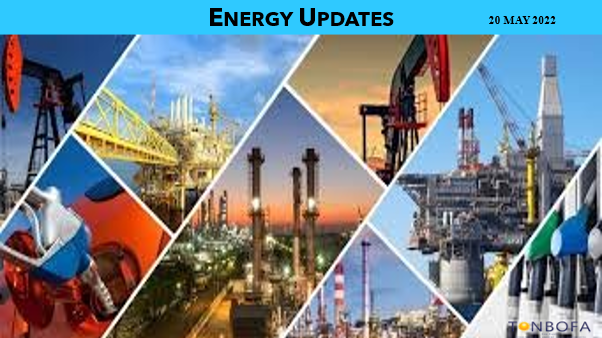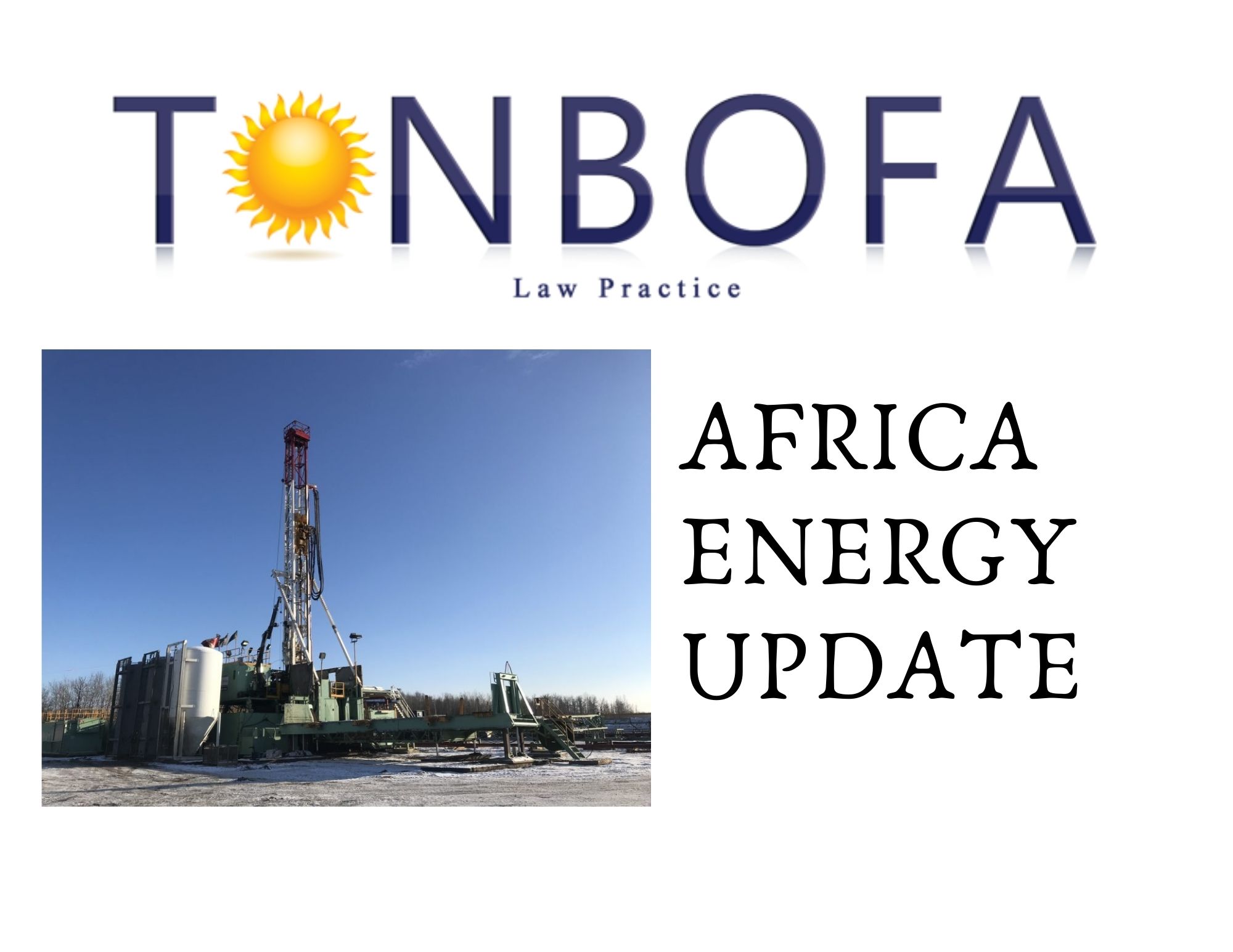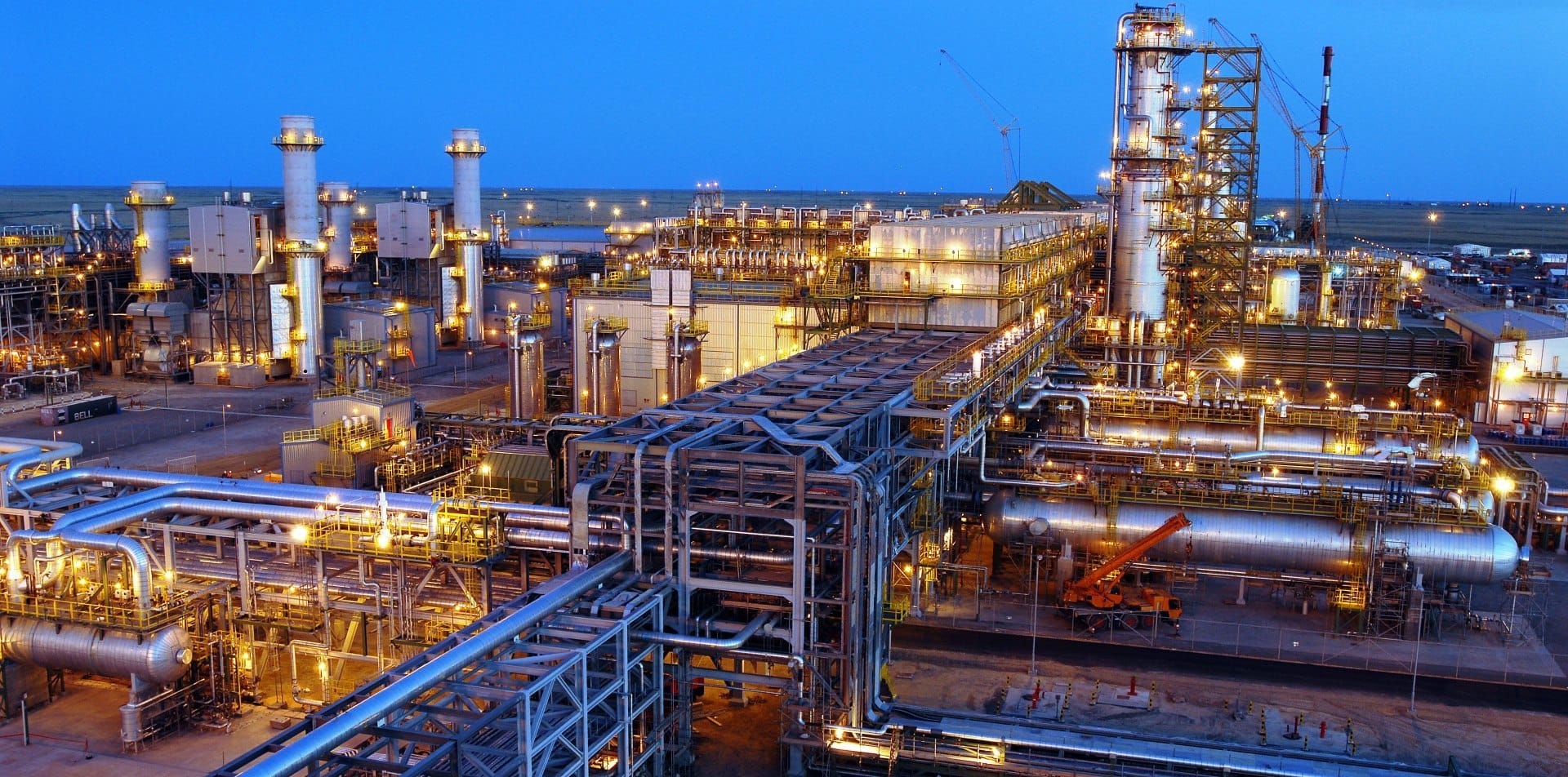
by TONBOFA LP
Introduction
The Department of Petroleum Resources (DPR) on Sunday, 11th October 2020 released Guidelines for the Establishment and Operations of Downstream Gas Facilities. The Guideline is issued pursuant to Petroleum Act 1969, Mineral Oils (Safety) Regulations (MOSR) 1997 and the Petroleum Regulations 1967. It stipulates the minimum requirements, procedures and conditions to be fulfilled before the grant of approvals or licences for the construction, installation, modification, takeover, relocation and operations of downstream gas facilities in Nigeria.
The Guidelines include:
- Guidelines for the Establishment of LPG (Liquefied Petroleum Gas) Refilling Facilities and Retailers’ Outlets in Nigeria;
- Guidelines for the Standard Operations of LPG Refilling Facility in Nigeria;
- Guidelines for the Establishment of an Autogas Refueling Station and Add-On Gas Facility in Nigeria;
- Guidelines for the Establishment and Operations of Gas Storage and Utilisation Facilities in Nigeria;
- Guidelines for the Establishment and Operations of CNG Compression Facilities in Nigeria; and
- Guidelines for the Establishment and Operations of Gas Reticulation Facilities in Nigeria.
These Guidelines are developed to enhance gas penetration and utilization in the country as well as ease of doing business in the Nigerian oil and gas industry.
Our focus this week will be on the first regulation, that is, Guidelines for the Establishment of LPG Refilling Facilities and Retailers’ Outlets in Nigeria.
Guidelines for the Establishment of LPG Refilling Facilities and Retailers’ Outlets in Nigeria
The objective of this guideline is to ensure that the baseline standard regarding Health Safety Environment (HSE) is achieved and maintained in all LPG Refilling in Nigeria. Before looking at the features of this guideline, it is very important to define the following terms;
- LPG Refilling Facility – this refers to LPG facilities that can store LPG in bulk at licensed locations for the purpose of sale to end users or Retailers/Resellers ‘Category D’.
- LPG Retailers ‘Category D’ – this refers to exchange of refilled LPG cylinders to end users via Shops and Micro distribution centres via Kiosk and Racks with minimum total capacity of 500kg.
The following are the major features of the guideline:
- Application, Approval and License Procedure for LPG Refilling plant
- Application: any company intending to establish an LPG Refiling facility in Nigeria must do the following;
- Apply through the Automated Gas System (AGS) portal
- Pay the applicable statutory and processing fees
- Satisfy the requirement stipulated by the DPR and obtain the required and applicable approvals
- Approval and License Procedure: the applicable approvals are contained in the stages depicted below;
- Site Suitability Approval – this is a business enabling and advisory instrument set up to eliminate possible loss of investment that may result should the site be deemed unsuitable at Approval to Construct (ATC) phase. All documents and diagrams needed to be uploaded on the portal for this approval are contained in Section 2.2 of the Guideline.
The applicant will be issued this Approval, following the satisfactory review of the uploaded documents and successful outcome of the site suitability inspection. The Approval is valid for 18 months in the first instance and any renewal is subject to the conditions highlighted under section 2.2.2
- Approval to Construct (ATC) or Approval to Install (ATI) – following the receipt of Site Suitability Approval, the company shall commence actions towards obtaining ATC for the proposed facility. The company shall pay the applicable fees, upload required documents and satisfy the conditions listed under section 2.3 of the Guideline. The submissions shall be reviewed to ensure safety-in-design and sustainable operation of the facility. The validity of ATC shall be 30 months in the first instance subject to the conditions listed in section 2.3.2
- License to Operate (LTO) – upon completion of construction works and leak test, the company shall pay applicable fees and upload required documents on the portal to obtain the LTO.
To issue this approval, the DPR shall conduct a pre-license inspection of the facility. The inspection shall confirm the amenities and equipment listed under section 2.5.
The company can apply for the renewal of the LTO following its expiration. The validity period was not stated.
- Minimum Design, Construction and Installation Requirements
Generally, the design, construction and installation commissioning and operation shall comply with the provisions of Petroleum Act 1969 as amended, MOSR 1997, and other applicable Regulations, Standards and Guidelines. The design and construction of the facility must conform to acceptable design codes such as Standards Organisation of Nigeria (SON), American Society of Mechanical Engineers, etc.
It is expected that during the design, construction, installation, commissioning of a facility, all necessary measures and mitigations are applied to reduce risk associated with storage, transfer, usage, etc. to as low as reasonably practical. The installation and commissioning shall only be done by competent persons and company. All other requirements as regards Design and Construction Standard, Facility Layout and Site Selection, LPG Storage Vessel Specification and Requirements, etc. can be found under section 3 of the Guideline.
- LPG Retailers or Resellers (‘Category D’)
As earlier stated, the purpose of these guidelines is to regulate in an orderly and effective manner, all aspects relating to filled LPG “cylinder exchange” Retailers’ outlets/locations using ‘Category D’ license. Any person or company willing to be licensed as an LPG Retailer/Reseller must comply with the conditions stated in section 4.1 of the Guideline. Once these conditions are fulfilled, DPR officers will conduct a pre-licence inspection to ensure that all the applicable conditions are met. The applicable conditions are listed under section 4.2.1
- Sanctions
Non-compliance with the provisions of the Guidelines shall be deemed as violations to relevant sections of the Petroleum Act 1969 as amended, Petroleum Regulations 1967 & subsequent amendments and MOSR 1997. These violations may result in applicable consequence management including but not limited to fines, penalties and/or revocation of license.
For more on this, kindly send an email to toluwase@tonbofa.com
Share
Africa Energy Update- ZIMBABWE: Solgas Energy commissions its 5 MWp Cross Mabale solar power plant Renewable energy producer Solgas Energy is commissioning its Cross Mabale solar power plant in the northern Matabeleland province. The plant, which is connected to the Zimbabwean national grid, has a capacity of 5 MWp. A solar photovoltaic power plant goes into
The passage and signing of the highly anticipated Petroleum Industry Act is a landmark in the oil and gas industry. The Act provides legal, governance, regulatory and fiscal framework for the Nigerian Petroleum Industry and development of Host Communities. For more information on key provisions of the Act click here to learn more
FG Okays N35bn For NEPZA Power Station The federal government yesterday approved the sum of N35billion for the building of a power station by the Nigerian Export Processing Zone Authority (NEPZA) in Akamkpa, Cross River State. ØMinister of Industry, Trade and Investment, Niyi Adebayo, disclosed this to State House correspondents after the virtual federal executive





